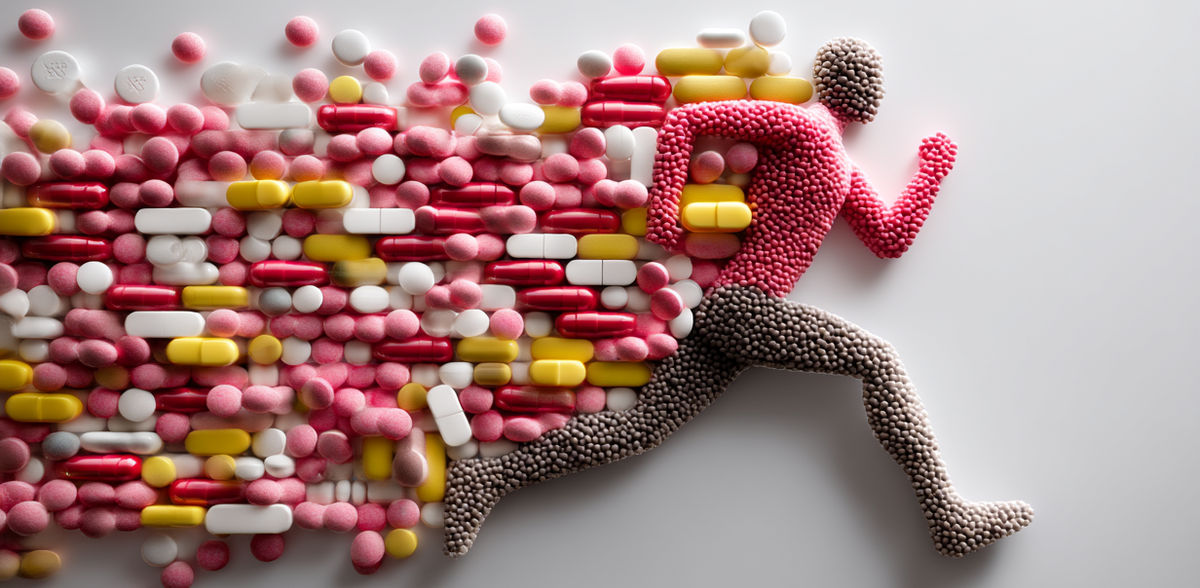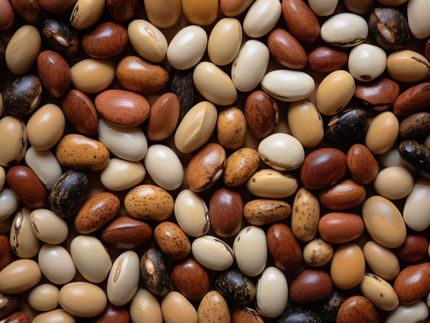Nutritional supplements in sport - useful or not?
The use of dietary supplements is widespread in popular and elite sport. For most of them, the scientific evidence for the benefits in sport is insufficient. Numerous professional societies recommend "food first strategies" to promote health and optimize performance, i.e. a balanced diet adapted to training and competition loads. In specific situations, after a thorough risk-benefit analysis, the use of certain food supplements may nevertheless be advisable (food first, but not always food only).
At the 40th GOTS Congress, PD Dr. Oliver Neubauer, Head of Research "Sports Nutrition with a Physiological Focus", Department of Nutritional Sciences, University of Vienna, and research associate at the University of Continuing Education Krems, will talk about the individual situations in which it makes sense to use them and what to look out for. The high-caliber congress will take place from 15 to 17 May at the Danube University Krems.
"Depending on the type and intensity of the sport and in sport-specific situations, sports drinks, carbohydrate-rich energy bars, gels and protein supplements, iron, multivitamins, vitamin D and probiotics have good scientific evidence," says Neubauer.
These products cover the need for energy, carbohydrates and fluids immediately before and during intensive and long endurance activities, such as a (half) marathon. For a duration of 45 to 75 minutes, even small amounts of carbohydrates are sufficient for a performance-enhancing effect. For an exercise duration of one hour to two and a half hours, an intake of 30 to 60 grams of carbohydrates per hour is recommended, from two and a half hours 60 to 90 grams per hour. Energy bars should contain carbohydrates in an easily digestible and quickly absorbed form. During extreme exertion, in hot conditions and with high sweat loss, everyone should ensure that sodium is added to sports drinks.
Protein supplements
Proteins (proteins) ensure that the body's own proteins are formed after training as a molecular basis for adapting to strength and endurance training. In principle, a training-related additional requirement of 1.2 to 2 grams of protein per kilogram of body weight (depending on the total training load) can be covered very well by a suitable combination of natural foods. This also applies to the recommended intake of 20 to 30 grams of high-quality protein in the immediate regeneration phase after intensive training in order to optimize the formation of new muscle protein. Protein supplements offer no physiological advantage over food.
Micronutrient supplements
Potentially critical micronutrients in sport-specific situations include iron, calcium, sodium and vitamin D. Potential causes for an undersupply are sport-associated losses (e.g. via sweat), a training-related additional requirement (e.g. due to an increased energy turnover), and sport-specific diets (e.g. in phases of weight reduction).
A possible sport-related additional requirement for minerals and vitamins is difficult to determine. However, even a theoretical additional requirement in the range of approx. 100 to 200 percent of the reference values for the general population can usually be achieved very well through a balanced and energy-balanced diet. Multi-vitamin/mineral supplements only make sense in certain situations and attention must be paid to a "physiological" dosage.
Isolated polyphenols, collagen protein, carnitine and fish oil offer a possible benefit, but have not yet been sufficiently researched.
Magnesium, beta-hydroxy-beta-methylbutyrate (HMB) and branched-chain amino acids (BCAAs)/leucine, on the other hand, have no proven benefit.
Note: This article has been translated using a computer system without human intervention. LUMITOS offers these automatic translations to present a wider range of current news. Since this article has been translated with automatic translation, it is possible that it contains errors in vocabulary, syntax or grammar. The original article in German can be found here.






























































